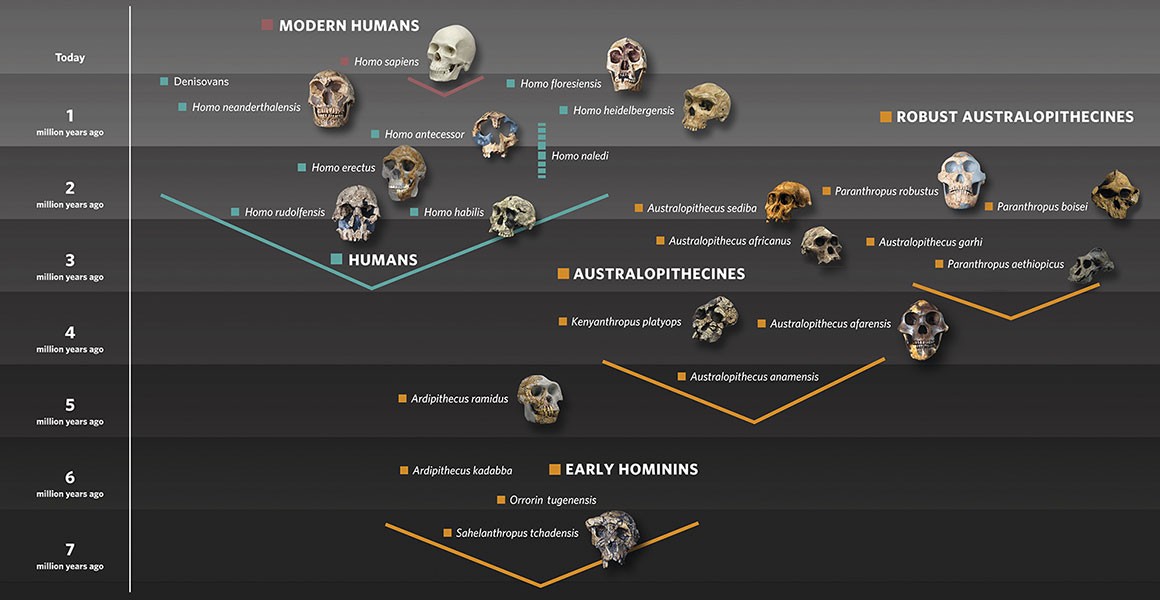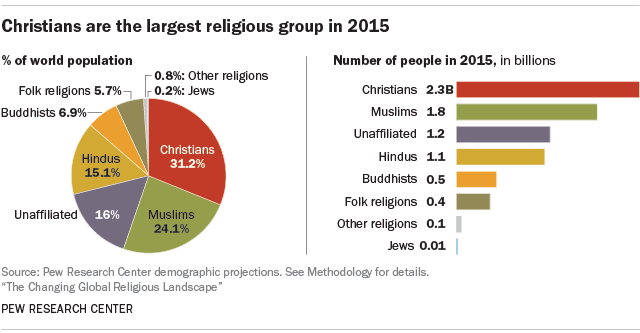Nimos
Well-Known Member
I think one have to be careful to think that Jesus had any desire to get away from the law, rather than teach how it was meant to be understood. God didn't give the Jews the law to punish them as I also wrote to Trailblazer, it was to help them. Jesus seem to know this, but is also aware that it is being misused. You as Trailblazer quote Mark 2:27 as suggesting that Jesus wanted to change the law regarding the Sabbath, so will just quote what I answered to that:I agree. In fact Jesus was referencing Deuteronomy 6:5 (Matthew 22:37) in regards the most important law. However, Jesus also clearly identifies Himself as the Promised Jewish Messiah (John 14:6) and His Revelation from God while building on the Hebrew Bible at least allows for the possibilty of a significant departure from Mosaic law as it was understood at that time (Mark 2:27). In reframing the Hebrew Bible as He did, He allowed for a theology that undoubtedly was much more accessible to a non-Jewish audience (Romans 9:30-33). He also provided new insights into the nature of Himself (John 1:1-3, John 3:16, John 10:30) and therefore man's relationship with God. In doing so He became the new focal point for worship of God, negating the need for a physical temple (John 2:12-21, Matthew 24:1-2).
This is obviously up for a lot of debate and not sure people actually agree on it. Because you have examples of both things. One explanation could be, that Jesus is trying to teach the Pharisees a lesson. Remember he is not happy about them. But this is going to be a bit complicated and again im not sure what is correct.
But an example in the NT is this:
23 One Sabbath Jesus was going through the grainfields, and as his disciples walked along, they began to pick some heads of grain.
24 The Pharisees said to him, “Look, why are they doing what is unlawful on the Sabbath?”
25 He answered, “Have you never read what David did when he and his companions were hungry and in need?
26 In the days of Abiathar the high priest, he entered the house of God and ate the consecrated bread, which is lawful only for priests to eat. And he also gave some to his companions.”
27 Then he said to them, “The Sabbath was made for man, not man for the Sabbath.
28 So the Son of Man is Lord even of the Sabbath.”
So is Jesus breaking the rules? At least the Pharisees think him and his disciples are. However in verse 27, 28 Jesus explain that the sabbath was made for man, not man for the sabbath and also that Jesus is the lord of the Sabbath. To me, again taking into account how Jesus think the Pharisees misuse the law, he may try to make a point that the Sabbath is not there to punish people, but to help them so he give the example of David also doing it to feed his men and them not getting punished for it. So a possible explanation could be that under the Pharisees it have gotten to be a burden, especially for the poor and he want to correct that. If we look at the OT:
Deuteronomy 23
24 If you enter your neighbor’s vineyard, you may eat all the grapes you want, but do not put any in your basket.
25 If you enter your neighbor’s grainfield, you may pick kernels with your hands, but you must not put a sickle to their standing grain.
Leviticus 19
9 “‘When you reap the harvest of your land, do not reap to the very edges of your field or gather the gleanings of your harvest. 10 Do not go over your vineyard a second time or pick up the grapes that have fallen. Leave them for the poor and the foreigner. I am the Lord your God.
So it is allowed for people to gather from fields to feed themselves, so I think it might be reasonable to assume, that maybe people have "forgotten" that according to God people are allowed to do this. But that this under the Pharisees have changed for the worse as they have misused the law. And therefore the poor people are suffering due to this.
However you also have the story in the OT, which I mentioned to you earlier in another post, where God demand a person gathering firewood to be stoned to death because he does it on the Sabbath. Some possible explanations could be that there weren't really an agreement about, what exactly were allowed to be done on a Sabbath or what were considered work and not work. Im personally is not sure what is correct or maybe there is another explanation which im not aware of.
You then refer to Romans, which were written by Paul and take place after the death of Jesus, which is when the roots of Christianity starts to take place and apostles starts to spread the word of Jesus, including to the gentiles as you say. However it is also in this period as far as I know, that a split starts to emerge between the traditional belief and Paul starts to argue that non Jews do not need to follow the law and that it is through the believe and acceptance of Jesus sacrifice that one is saved. Again this is not what Jesus said in the gospels, but in regards to spreading the word, I think Paul have a rough time convincing or getting the gentiles to be circumcised, that he need this law to not apply to them. So a lot of changes is going on here including between the apostles. And Paul gives us a few hints about this as they are not really in complete agreement in regards to how these things are to be understood. Basically you end up with what we have today with Christians believing that it is through Jesus one comes to God and that he were either the son of God or part of the holy trinity, in Judaism they do not believe that and in Islam they see him as a prophet, and the Bahai, that its a bit of everything, if I understood it correct. But eventually all of it is based on the same material, just interpret differently and in some cases new stuff have been added.
Not sure if its a real question meant for me to answer, but in case it is, then I do not see him offer anything towards solving these things.So how does Bahá’u’lláh's Message enable humanity to address the urgent needs of the environment, the world economy and the risk of global conflict? Does Bahá’u’lláh offer anything that Moses, Jesus or Muhammad didn't?
Last edited:


